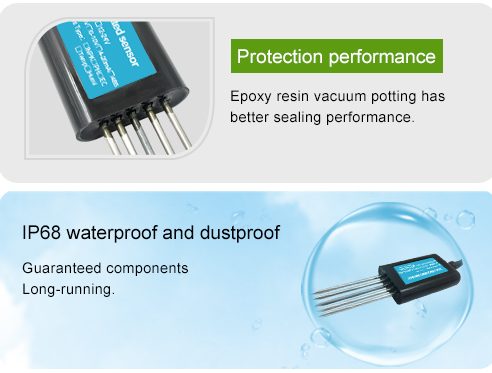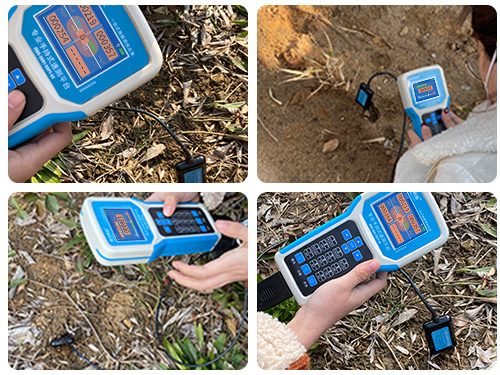Soil NPK sensors have become a popular tool for farmers and agricultural professionals to monitor the nutrient levels in their soil. NPK stands for nitrogen, phosphorus, and potassium, which are essential nutrients for plant growth. These sensors are designed to provide accurate and timely information about the nutrient levels in the soil, allowing farmers to make informed decisions about fertilization and crop management. However, there is some debate about the accuracy of these sensors and whether they can truly provide reliable data for optimizing nutrient management in agriculture.
key factors in determining the accuracy of soil NPK sensors

One of the key factors in determining the accuracy of soil NPK sensors is their ability to measure nutrient levels in the soil with precision. These sensors use various technologies, such as electromagnetic induction, optical sensors, and ion-selective electrodes, to detect and quantify the levels of nitrogen, phosphorus, and potassium in the soil. While these technologies have improved over the years, there are still limitations to their accuracy.
One of the challenges with soil NPK sensors is that they may not always provide consistent and reliable measurements. Factors such as soil moisture, temperature, and organic matter content can affect the performance of these sensors, leading to variability in the data they produce. In addition, calcium and magnesium in the soil can make it difficult to obtain a clear picture of the nutrient status of the soil.

Another concern with soil NPK sensors is their ability to provide representative measurements across different soil types and conditions. Soil properties, such as texture, structure, and pH, can vary widely from one location to another, and this can impact the performance of NPK sensors. For example, clay soils may retain nutrients differently than sandy soils, and this can influence the readings obtained from NPK sensors. Similarly, the presence of rocks, roots, and other obstructions in the soil can affect the ability of sensors to accurately measure nutrient levels.hallengesof soil NPK sensors
Challenges of soil NPK sensor
Despite these challenges, there have been significant advancements in the development of soil NPK sensors that have improved their accuracy and reliability. Newer sensor technologies offer the potential for more precise and comprehensive measurements of soil nutrients. These technologies can provide detailed information about the chemical composition of the soil, allowing for a more thorough assessment of nutrient levels and distribution.

In addition to technological advancements, there has been a growing emphasis on calibration and validation of soil NPK sensors to ensure their accuracy. Calibration involves adjusting the sensor readings to match known standards, such as laboratory analysis of soil samples, in order to improve the accuracy of the measurements. Validation involves testing the sensors under different conditions and comparing their performance to established methods of nutrient analysis, such as soil testing kits and laboratory analysis. By rigorously calibrating and validating soil NPK sensors, researchers and manufacturers can improve their accuracy and reliability for practical use in agriculture.
Furthermore, the integration of soil NPK sensors with advanced data analytics and modeling tools has the potential to enhance their accuracy and usefulness in agricultural management. By combining sensor data with information about crop growth, weather patterns, and other environmental factors, farmers can gain a more comprehensive understanding of nutrient dynamics in their fields. This can help them make more informed decisions about fertilization, irrigation, and other aspects of crop management, leading to improved productivity and sustainability.
Despite the challenges and limitations of NPK sensor, there is a growing body of evidence to suggest that they can provide accurate and valuable information for optimizing nutrient management in agriculture. Numerous studies have demonstrated the potential of NPK sensors to improve fertilizer efficiency, reduce nutrient losses, and enhance crop yields. For example, a study conducted by researchers at the University of Nebraska-Lincoln found that using soil NPK sensors to guide nitrogen fertilizer applications led to a 10-20% reduction in fertilizer use without compromising corn yields.
For more information about soil npk sensor fundamentals, check out our blog post on the key features to look for in a personal sensor: The most popular soil npk sensor
